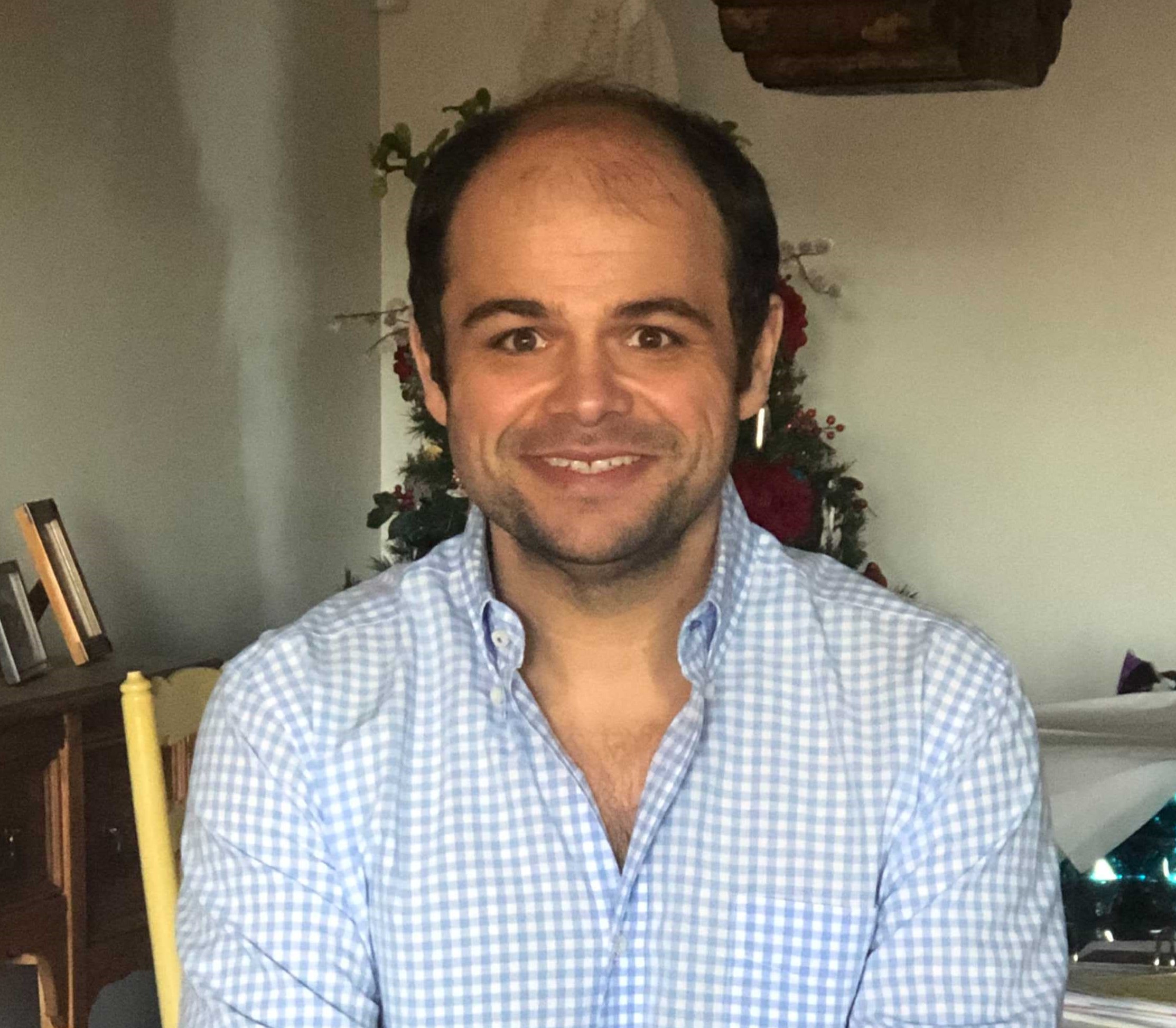A call for business leaders to embrace the “Golden Resource” as society embraces the “Golden Rule.”
Just in the first few weeks, COVID-19 has brought many things to our global and local communities, not the least of which are profound questions on what our collective responsibilities are to each other. While we as a society reacquaint ourselves with the “golden rule” of protecting others like we’d hope to be protected by them, it’s also a time for business leaders to remember and embrace the “golden resource” that will undoubtedly be a byproduct of the challenging economic times ahead – and that resource is time.
The challenge of all businesses, at every level, is the scarcity of resources. This was true before the Covid Economy started, and it will be true long after. No matter your industry, stage or market, your battle comes down to a war for constant and inflexible resource needs. For startups and new ventures, the primary resource scarcity to contend with is usually capital; for small to mid-sized companies it is usually market share or growth; for larger enterprises, it is the scarcity of profit and shareholder value. Beyond these immediate resource battles, there are certain things that can situationally be scarce (or abundant) based on macroeconomic factors mostly outside of our direct control: things like consumer spending levels, corporate tax rates, high (or low) unemployment rates, the proliferation of education and skill training for workers, supply chain resources, etc.
The circumstances that the Covid Economy presents to business leaders and the challenges it offers on these already strained resources is quite real and maybe something on a scale the likes of which none of us have experienced before. But beyond the normal resource bottlenecks we all contend with and face, there is another, more alluring and even more challenging resource to attain- time. Time is a resource that all businesses try to generate tactically and can have trouble spending wisely. Time is a resource that is earned in small bursts or gained in larger bursts as part of some exigent (and uniquely challenging) set of circumstances. Time the only resource that can be spent to more perfectly address all the other resource constraints listed above.
Given an indefinite amount of time, most business leaders can make almost any business find some margin of success. When we talk about resource constraints (capital, profit, market share, growth, etc.) what we are actually talking about are those resources as applied to an amount of time we have to address them. Shifting tactics requires action, but shifting strategy takes time. Time is the great equalizer, giving us a chance to learn, grow, prioritize a more optimal investment of our finite resources, and to reimagine our own narratives and standard procedures to be more in alignment with the events of the world and market. And time is just what this Covid Economy is giving business leaders right now. Now is a period to take stock of where you are and consider what can be done to position your venture for success in the future.
Some of you may find yourselves caught in what I’d call a “reaction window”; unsure and uncertain of how to respond immediately; overwhelmed in a sense by the more pressing and admittedly bigger questions on all of our radars right now. All of this is to be expected, but when you’re ready here are a few questions to help anchor your thought and plans around how best to put context on how to spend the time you have available:
1) Has my business narrative or operations changed in the near-term relative to the Covid Economy?
a. What communication to my stakeholders (employees, clients, investors, partners) should I consider making about any potential changes?
b. Is my company’s posture weak or strong relative to the type of economy that this moment is presenting us?
2) What about my business did I once held as an immutable fact? Do I still have that same perspective now?
a. What resources was I pursuing before and how does this environment change that pursuit? How can time help me pursue it?
3) What does this time afford me the opportunity to do that I couldn’t do as easily otherwise?
a. What was I holding off on that I may now have the chance to think about, address, or consider as a maneuver?
4) What projects and plans did I have queued that need to be re-prioritized?
a. Which items will serve my business best in the near-term and long-term?
For FarShore, this time has us revisiting what is and has been our “true north” for over 14 years – which is being partners first to our clients. We are committing to continuing to provide the types of valuable services that help our partners stretch and scale their technology runway (and capital) further; we are committing to helping our customers navigate near-term challenges that their stakeholders are facing in these trying times; we are committing to providing the insight, analysis and guidance they need to stay prepared for whatever opportunities may be or become present.
“Business as usual” is going to be different for the foreseeable future. The challenges you’re going to face are going to take their toll and come at a cost, but don’t overlook the one thing an event like this can offer as a rebate to that cost. Take advantage of whatever time this Covid Economy is giving you as a business leader and make sure to assess how best to shift your thinking and spend this time as wisely as you can. Some of the best businesses we’ve ever seen are born or evolve during times of strife and challenge. I look forward to seeing how we all respond to this challenge and assessing what the landscape of business innovation looks like on the other side of the Coronavirus.
JC Garrett serves as the Chief Executive Officer for FarShore and is the primary startup mentor for its investment and advisory arm, Dashfire. He started with FarShore in its early stages over 10 years ago and has worked closely with hundreds of startups to be a strategic leader in their tech and business planning processes. While software development is FarShore’s business, JC always looks at tech with the end goal of creating profitable and sustainable ventures that can raise money, scale operations and grow revenue. Before joining FarShore/Dashfire and after completing his MBA with dual concentrations in Entrepreneurial Management and Marketing, he joined a B2B SaaS startup overseeing Strategy, Marketing and Operations while advising dozens of startups to help them successfully plan and capitalize their ventures. He also currently serves as a coach for several startup accelerators/incubators, is a frequent guest lecturer, speaker and workshop host in the technology and startup community as well as being the co-host of the soon to launch “Mentor Musings” podcast series.












